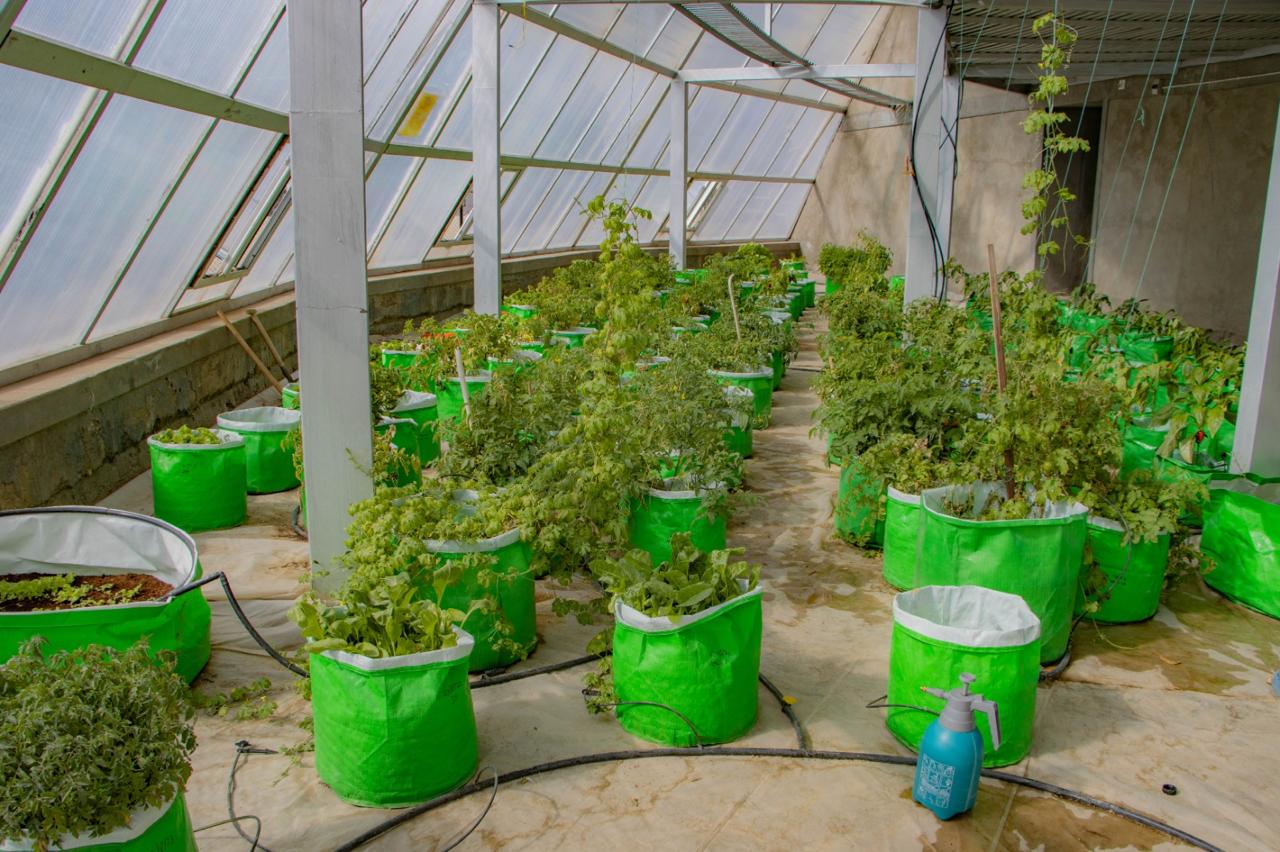Liveable, Inclusive and Resilient city in the Himalaya
-
by
 eszett_admin
eszett_admin

Official Project Title
Liveable, inclusive and resilient Himalayan city – strengthen capacities of the Ladakh Autonomous Hill Development Council (LAHDC)
Donor
EC, EuropeAid 154670
Runtime
02/2018–07/2021
Budget
1.100.000 €
External project number
C-393560
Person in charge
Mr. Eshey Tondup, Executive Director, LEDeG
Regional Director – Stanzin Tsephel
Senior Advisor – Manas Rath
Project Coordinator – Snehit Prakash
Partners
LEDeG – Ladakh Ecological Development Group (Leh, India)
BORDA South Asia
Description
Overall objective: Ladakh, at 13,000 feet high in the Himalayas is in difficult terrain for urban settlements. Magnified risks from climate change—floods, failed crops and landslides can decimate lives, livelihoods, infrastructure and the environment.
This project will strengthen capacities of the local government, the Ladakh Autonomous Hill Development Council (LAHDC) to make Leh, its prominent capital city and surrounding areas more environmentally friendly, and a symbol of resilient and sustainable urban development
Specific objective: LAHDC, with the support from Ladakh Ecological and Development Group (LEDeG) will
– Train its officials and strengthen institutions to conceptualize and develop Leh as a resilient and liveable mountain city
– Prepare implementation plans to improve public services with high environmental impact (sewage treatment, waste management, green public spaces and transportation)
– Educate its 30,000 residents and 250,000+ tourists on issues around climate change
Evaluation remarks 2021 (selected):
– Officers & officials gained capacity to take decisions and undertake actions required to achieve the Leh 2030 Vision. The Intervention contributed to increased liveability, environmental sustainability and resilience of the town.
– The intervention prepared ground for needed infrastructures in the four sectors: integrated water management, solid waste management, traffic and air pollution, public spaces.
– The intervention’s outcomes appropriately addressed the needs of target groups and beneficiaries, including those of women/vulnerable groups.
– Complementary initiatives with synergies with the Intervention were identified. However, no formal government led coordination mechanism exists to avoid the occurrence of duplication, repetition and overlapping by implementing partners, stakeholders and donors.
Tags
Capacity Building and Skill Development of stakeholders, Technical assessment, planning and implementation of water projects, Citizen Engagement and Global Outreach
Project status
Closed
Financial status
Currently audited




